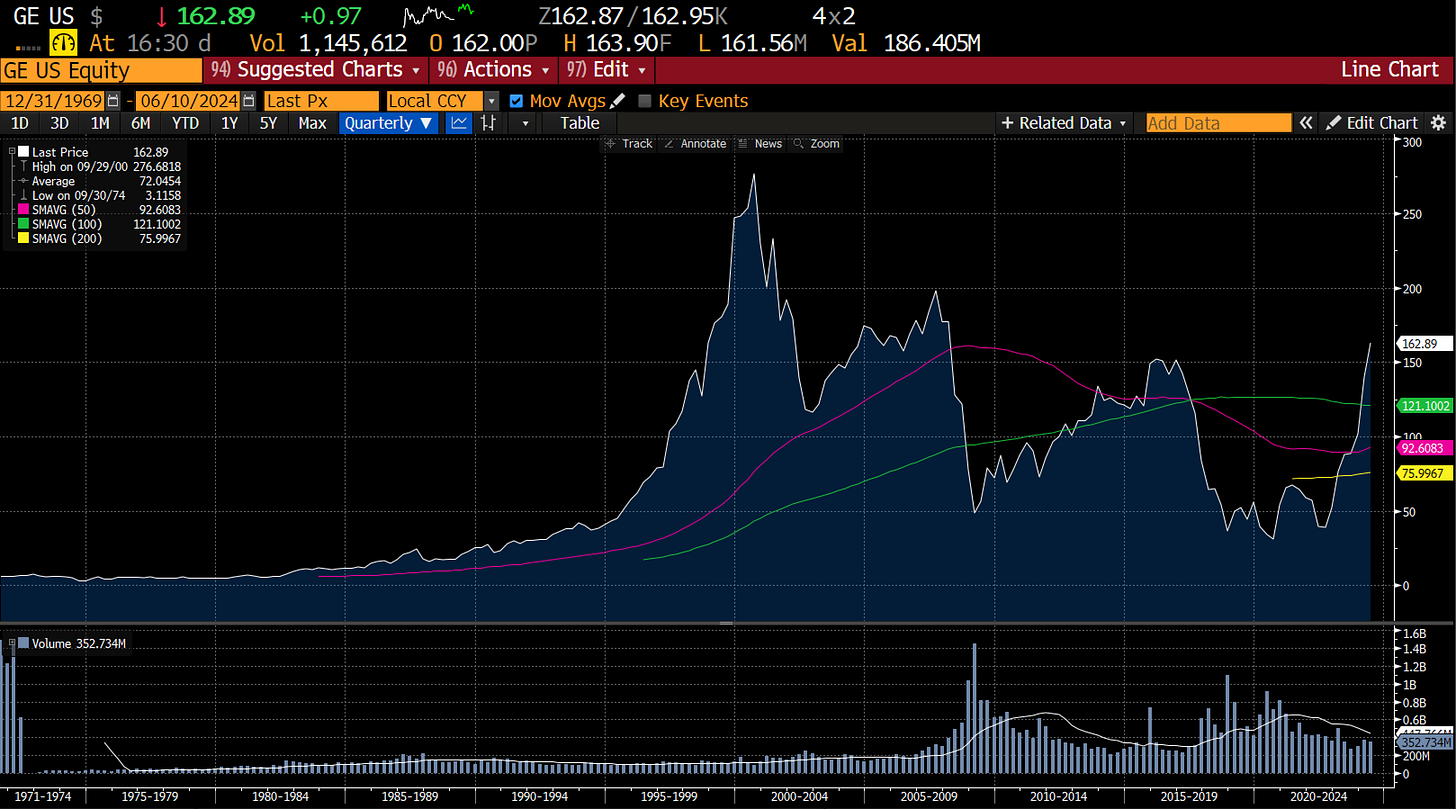The other day I saw my wife had this photo on her lock screen. I asked her why she had this photo - the double chin makes me look terrible in this photo in my view. She replied, “Oh no - this is a wonderful photo - it sums up all the things I love about you.” This was not the only photo that we had disagreed about for the same reason recently. I wondered why our views differed so much. I gave it some thought - and the answer is that you can choose who you love but you can't choose how they love you. In this case, I wanted my wife to love photos that at least make me look fit an youthful. In my mind, the photo below should be her lock screen!
I would prefer to think she still sees me as the young buck when we first met. Of course this is just delusion on my part. But my delusion is seemingly shared by many men. When I see a middle aged man in lycra (MAMIL), they are obviously suffering from a far worse version of my own wish to still be seen as a young fit man. It fails. No one - I repeat no one - wants to see middle aged men on bikes in their cycle gear, and yet somehow they convince themselves it’s a good idea.
What is the corporate version of being loved, but not being able to choose how you are loved? I think the best example in recent years in Meta and Mark Zuckerberg. First of all, Meta is wildly successful, with over US 1 trillion market capitalisation. It is also one of the few tech companies where the founder is still the CEO. In my view, the market loves Meta because as a company it recklessly collected personal details, happily breaks rules and regulations, ruthlessly acquired competitors, and aggressively priced advertising, and shamelessly copied competitor ideas. I think markets see it as part of an online advertising cartel. Now a few years ago in a moment of middle age lycra wearing delusion, Mark Zuckerberg, changed the name to Meta, and declared that like a youthful start up, they were going to pour money into augmented reality and dominated this new untested market. The share price of Meta fell 77%.
Mark Zuckerberg changed strategy, and stopped acting like a start up, and fully adopted the cartel pricing, and capital return strategies of his peers, and has been rewarded with a US 1 trillion plus market capitalisation. GE was a leading industrial company, that then decided it was a finance company, with predictably bad outcomes.
My advice to all my peers is to lean into what other people love about you, not what you think they should love about you. We all have common sense, and we are all slightly delusional about ourselves, which as true for CEOs as it is for lowly substack writers.















